
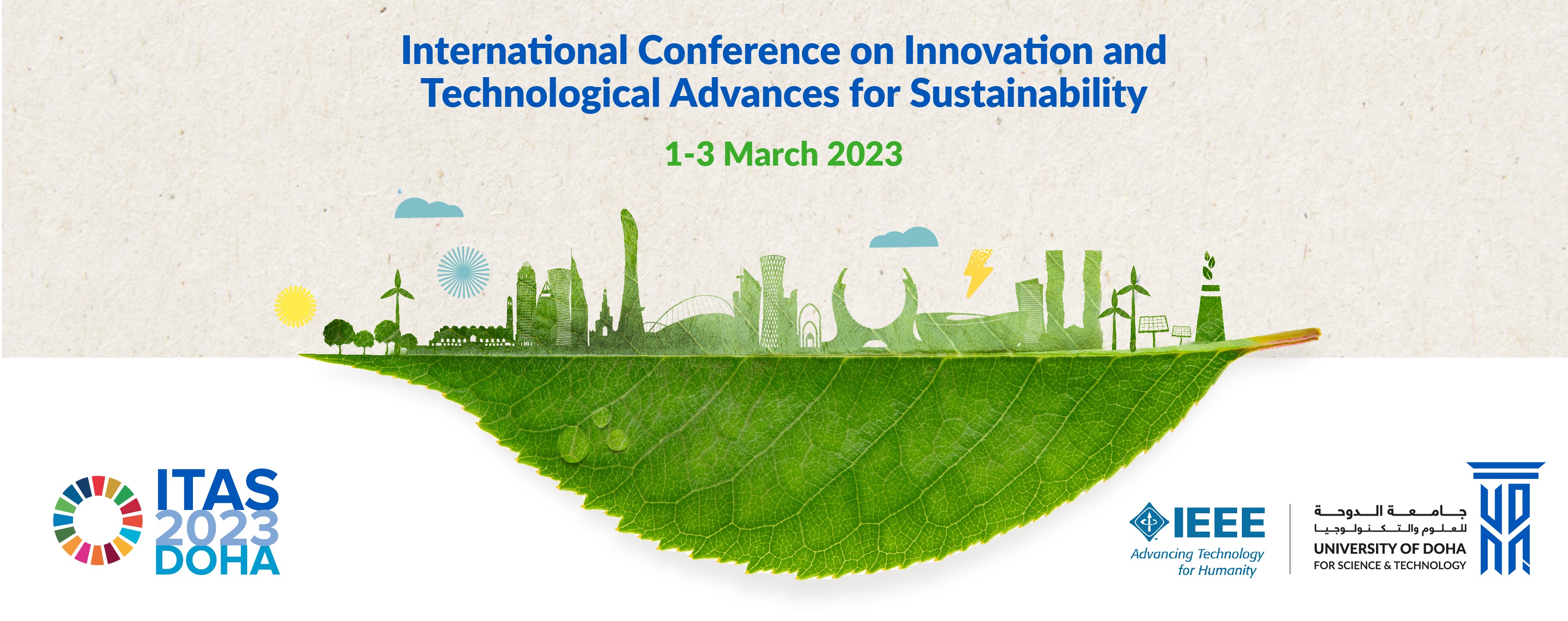
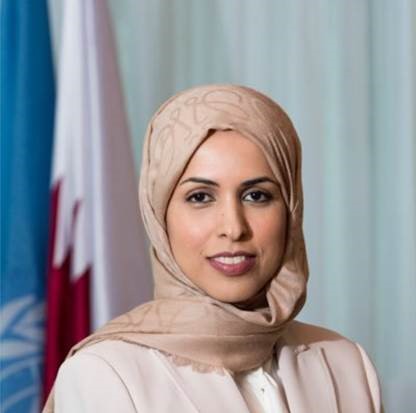
H.E. Sheikha Alya Ahmed Bin Saif Al-Thani
-
Permanent Representative of the
State of Qatar to the United Nations
Ambassador Al-Thani was appointed Permanent Representative of the State of Qatar to the United Nations in October 2013. An international though leader on human rights, social justice and sustainable development issues, Ambassador Al-Thani has authored and facilitated numerous ground-breaking General Assembly Resolutions dealing with issues such as international day to protect education from attack, the right to education in emergencies, autism, and improving the effectiveness and coordination of military and civil defence assets for natural disaster response, among others.
Since assuming her functions, she has played a key leadership role in numerous initiatives such as Chairperson of the Fiftieth Session of the Commission on Population and Development (2017). Ambassador Al-Thani has co-facilitated several critical processes, such as the Intergovernmental Negotiations on Security Council Reform; the intergovernmental negotiations on the Declaration for the Commemoration of the Seventy-fifth Anniversary of the United Nations (2020); the General Assembly Resolution establishing the modalities for the 25th anniversary for the Beijing platform for action for women (2019); the Review of the Economic and social Council (ECOSOC) (2018); and the preparations for the high-level meeting to appraise the Global Plan of Action to Combat Trafficking in Persons (2017).
She has initiated several United Nations Group of Friends, and currently co-chairs the Group of Friends for Gender Parity, the Group of Friends of the Responsibility to Protect; and the Group of Friends to Assist on the international, impartial and independent mechanism (IIIM) to assist in the investigation in crimes committed in Syria.
Between 2011 and 2013, Ambassador Al-Thani was Qatar’s Permanent Representative to the United Nations in Geneva, to the World Trade Organization (WTO) and General Consul of the State of Qatar to the Swiss Federation. During the same period, she represented Qatar in the UN Human Rights Council, the Executive Council of the World Health Organization (WHO), and the Executive Council of the International Labour Organization (ILO). She also held the prestigious post of President of the Social Forum of the Human Rights Council.
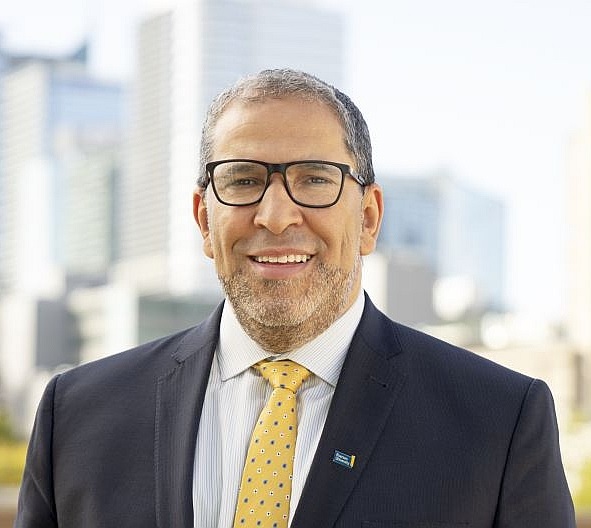
Dr. Mohamed Lachemi
- President & Vice-Chancellor
- Toronto Metropolitan University
- (formerly Ryerson University)
Dr. Mohamed Lachemi is president and vice-chancellor of Toronto Metropolitan University (formerly Ryerson University), first appointed in 2016 and reappointed to a second term concluding in 2026. An internationally recognized researcher and accomplished academic administrator, he has been a key contributor to the growth and development of Toronto Metropolitan University over a transformational time in the university’s history. A professor of civil engineering since 1998, he has served in progressively senior roles, including dean of the faculty of engineering and architectural science, and provost and vice-president academic. As president he has promoted the establishment of Toronto Metropolitan University as a global university, led the development and creation of ground-breaking schools in law and medicine, and overseen the launch of Rogers Cybersecure Catalyst – a national centre for cybersecurity. Under his direction Toronto Metropolitan University was awarded leadership of the Future Skills Centre consortium, which aims to ensure Canadians develop the skills they need in the new economy.
A graduate of L’Université des Sciences et de la Technologie d’Oran in Algeria (civil engineering, with distinction) and L'Université de Sherbrooke (MASc and PhD, Structural Engineering), Dr. Lachemi is the Past Chair of the Council of Ontario Universities, Chair of the Finance Committee of Universities Canada, Fellow of the Canadian Society for Civil Engineering, Fellow of the Canadian Academy of Engineering, and a Board member of Trillium Health Partners, Rogers Communications Inc., Hackergal, and DMZ Ventures. He was a member of the National Research Council from 2018 to 2021.
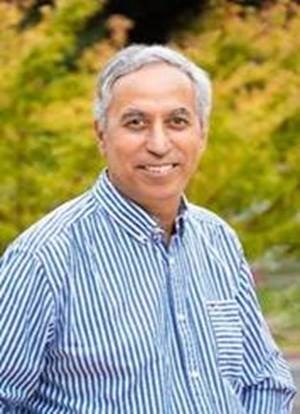
Dr. Belgacem Haba
- Vice President of Adeia
- Silicon Valley, USA
Dr. Belgacem Haba was born in 1957 in El-Meghaier, wilaya d’El-Meghaier, Algeria. Dr. Haba joined Adeia (previously Tessera) in 1996 and is now its Senior Technical Fellow and Vice President. Today he is heading the path finding team in its electronic R&D division. His latest activities include the development of 3D technologies for the evolution of microelectronics. Dr. Haba was with Google data center platform division as senior staff and before that he co-founded SiliconPipe Inc. in 2002, a high-speed interconnects Start-up company based in Silicon Valley that got acquired by Samsung. He also managed the advanced packaging R&D activities at Rambus. From 1988 to 1996, he worked for both the NEC Central Research Laboratories in Tokyo Japan and the IBM Watson Research Center in New York on the applications of lasers in microelectronics.
Dr. Haba Holds a Ph.D. in materials science and engineering in 1988 from Stanford University, California in the field of solar energy. He also obtained from the same university two master’s degrees in applied physics and materials science and engineering. He received his Bachelor degree in physics from the university of Houari Boumediene for science and technology, Algeria in 1980. Dr. Haba holds over 560 issued U.S. patents, and over 1700 patents and patent applications worldwide. He is listed among the top 100 most prolific inventors worldwide. In 2017 he opened the Haba Institute in Algeria to help young entrepreneurs and in 2021 he cofounded a private institute NIT to teach AI and cybersecurity in Algeria. Dr. Haba was recognized on many occasions. To name a few; Kuwait Informatics Badge of honor in 2019, Wissam-el-3alam Aljazairi in 2015, the R&D100 award for the most prestigious innovation in 2003, the opening of the Nasdaq and NYSE in 2007 and 2022 and the Algerian Badge of honor Achir in 2021.
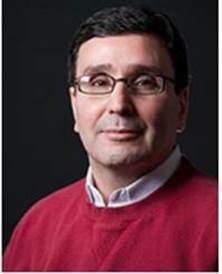
Prof. Kamal Youcef-Toumi
- Professor
- Mechanical Engineering Department
- Massachusetts Institute of Technology
- Cambridge, MA, USA
Dr. Kamal Youcef-Toumi earned his advanced degrees (M.S. 1981 and Sc.D. 1985) in Mechanical Engineering from MIT. His undergraduate degree (B.S. in Mechanical Engineering awarded in 1979) is from the University of Cincinnati. He joined the MIT Mechanical Engineering Department faculty in 1986. He is a Professor of Mechanical Engineering at MIT. He is also Co-Director of the Center for Clean Water and Clean Energy at MIT and KFUPM, and Director of the Mechatronics Research Laboratory (MIT). Youcef-Toumi's research and teaching interests have focused on design, modeling, simulation, instrumentation, and automatic control systems. The applications have included manufacturing, robotics, automation, metrology and nano/biotechnology. Youcef-Toumi served on many scientific and technical committees in the US and around the world. He has also served as a consultant and conducted research and development for many companies and government agencies. He is interested to use these experiences to contribute to several activities including (i) curriculum (content, teaching methods, and digital learning), (ii) hands-on students' experience, (iii) innovation & entrepreneurship ecosystem, (iv) research and development with industrial focus and sponsorships, and (v) partnerships for establishing leadership in selected areas.

Dr. Nazia Mintz Habib
- Research Centre Director
- University of Cambridge, United Kingdom
Dr. Nazia Mintz Habib, FRSA, is the Founder and Research Centre Director for the Centre for Resilience and Sustainable Development (CRSD).
Dr. Habib has dedicated her scholarship to developing twenty-first-century action-research methodologies that will harness the power of collective intelligence, smart technologies, and open innovation to help improve the decision-making process. Leaders of more than 57 countries have benefited from her research methods in improving their abilities to manage uncertainty. Dr. Habib’s research currently focuses on integrating systems thinking for applied resilience and sustainable development in the context of good governance, responsible innovation, and sustainable investment.
Dr. Habib has previously been a Sustainability Science fellow at Harvard University and Massachusetts Institute of Technology, and has been awarded Newton Fellowships, Commonwealth Scholarships and numerous research grants. Dr. Habib has advised over 20 governments on sustainable development and climate change-related policy issues.
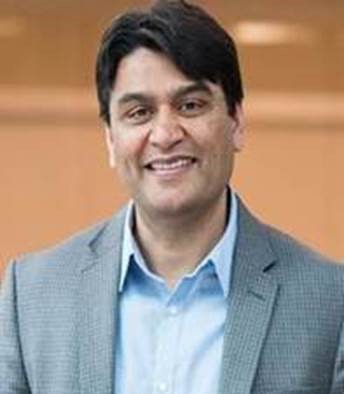
Professor Rehan Sadiq
- Executive Associate Dean
- Co-director of Digital Learning Factory Initiative
- Co-lead of Life Cycle Management Laboratory
- University of British Columbia
Dr Rehan Sadiq, is a Professor of Civil Engineering and Distinguished University Scholar at the University of British Columbia, and currently holds a Provost and VP Academic Pro tem position at UBC Okanagan campus. He is also a co-director of Digital Learning Factory Initiative and a co-lead of Life Cycle Management Laboratory at UBC.
Dr. Sadiq is a world-leading researcher in the areas of asset management of water supply systems, environmental risk analysis and lifecycle assessment of built environment. He is an author of more than 600 peer-reviewed journal and conference articles, book chapters and technical reports. The citations for his research work reach to ~16K, which place him among top 100 most cited civil engineering researchers globally. He is also consistently included among top 2% scientists in the category of environmental science. He has served and chaired numerous Canadian and international scientific committees and conferences. Dr. Sadiq sits on the editorial board of many international journals in his field of research.
Dr. Sadiq is registered as a Professional Engineer since 2010. He is also a Fellow of Canadian Academy of Engineering (FCAE), Canadian Society of Civil Engineering (FCSE), Engineers Canada (FEC) and Engineering Institute of Canada (FEIC).
